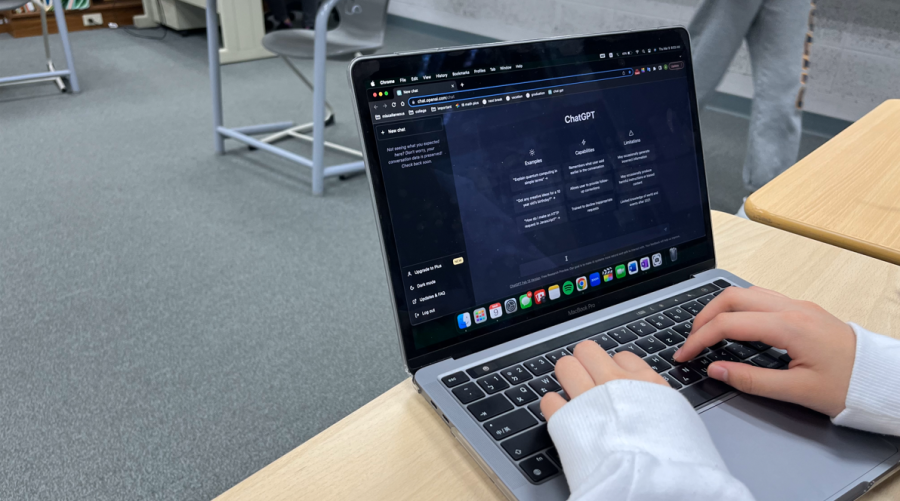“Our schema is shaped by what we encounter and experience in our lives. Who we interact with. What we read. What we’re taught. I think that the disparity in coverage and conversation can be connected to what we know about and what perceptions we have. Our actions…fall in line with our perceptions.” So claims Mr. Walker, AP World History and AP/IBSL Psychology teacher. According to Mr. Walker, the way our lives have shaped our perspectives largely contributes to the way we see, think, and react. Our perspectives can also shape the way we differentiate the relevant from the irrelevant, or the important from the unimportant.
Just over fifteen months ago, on November 13th, 2015, the Stade de France Stadium was attacked, marking the first of three suicide bombings in Paris that night. Along with mass shootings, the Paris attacks that night totaled 130 deaths. The following weekend, Facebook was brimming with posts from countless people demonstrating their support for the fallen through the hashtag #prayforparis. Three days later, TIME magazine reported that over 70 million people had shared this hashtag through Instagram. In March 2016, three more suicide bombings were claimed by ISIS in Brussels. These attacks resulted in 31 deaths. In both cases, these bombings were headline news and considered very shocking– shocking enough to be newsworthy.
However, this support and surprise is not proportional to how people react to terrorist attacks outside of Europe. Outside of the western world, it seems that terrorism is not as, simply put, terrifying. However, four months following the Brussels attack, the sum of deaths in the Middle East, Africa and Asia totaled to 43 times the that of the deaths in Europe and the Americas. This is despite the fact that an ISIS suicide bombing in Baghdad in July 2016 tallied up 292 deaths: one of the most deadly attacks from ISIS ever. Not all flags of victimized countries were seen on top of facebook profile pictures, and few can claim they saw #prayforbaghdad trend so successfully.
Almost immediately after the Brussels bombing, Ashley Kirk from the Telegraph presented a graph featuring data of the countries with the largest increases in terrorism over past years: Libya, Ukraine, South Sudan, and Central African Republic. From this, it can be concluded that the western world did not experience the most number of deaths nor the greatest increase in terrorism.So, specific attacks sometimes receive more attention when they are not necessarily the most deadly ones.
When asked his opinion why people react the way they do, Mr. Walker brought up that on the same day as the Paris attack, a bombing in Baghdad killed 21 people. One day prior, 42 people were killed in Beirut. He mentioned that the ideas people “commonly associate with [different] locations” and the preconceived notion of what is associated with “terrorism” — both “shape our behavior”. He says that “the call for greater understanding of terrorism, global context, history, and, well, people in general is needed.”
Perhaps it is the idea that a bed of nails hurts less than a single nail. What seems to the public as constant violence in the Middle East and Africa can make tragic events seem normal and expected. Yet, the deaths there still count, and still hurt just as much as anywhere else. Terrorist attacks in the West may be rarer, but that does not make the attacks elsewhere less newsworthy. Violent acts of terrorism affect multiple groups of people, but are being misrepresented because at some point, we may have become numb to high death tolls coming from countries that sound like they are used to violence. It is hard to learn about things that may scare us. Nonetheless, we owe it to both ourselves and the people of those countries to learn about what is happening in the rest of the world.


![The snack bar serves different lunch
boxes everyday. [AIDEN SHEN/THE BLUE & GOLD]](https://blueandgoldonline.org/wp-content/uploads/2023/12/Price-849x1200.jpeg)
![The live-action remake of Snow White from Disney is projected to release in March of 2024. [LOGO COURTESY OF THE WALT DISNEY COMPANY/WALT DISNEY].](https://blueandgoldonline.org/wp-content/uploads/2023/11/unnamed-1200x848.png)



